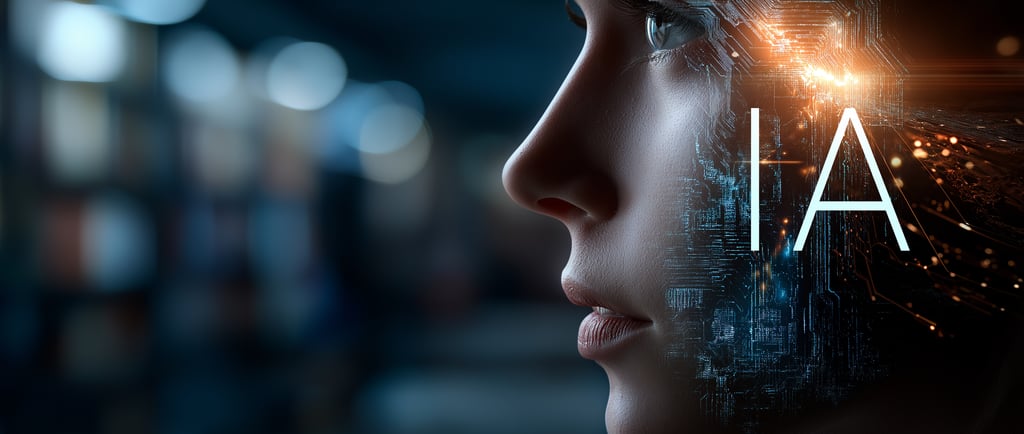OpenAI Builds New AI-Powered Generative Music Tool
OpenAI is crafting a powerful new AI music generator—ushering in a new era of human-AI collaboration in sound. The future of music creation is being rewritten, note by note.
AI, DATA & EMERGING


As artificial intelligence continues to blur the lines between technology and creativity, OpenAI is reportedly developing a new generative music tool that could redefine how music is composed, produced, and experienced. Recent reports indicate the San Francisco-based lab—best known for ChatGPT—is advancing beyond its earlier experimental models to build a sophisticated, user-focused platform tailored for musicians, producers, and content creators.
Unlike its 2020 Jukebox project, which demonstrated the ability to synthesize raw vocals and melodies but remained largely a research prototype, this new system is designed for real-world creative workflows. Leveraging cutting-edge multimodal foundation models, it can interpret detailed text prompts—such as “a melancholic jazz ballad in E minor with piano and upright bass”—and generate coherent, stylistically consistent compositions with nuanced emotional expression and professional-grade audio quality.
The ambition goes beyond background tracks or algorithmic loops. OpenAI aims to position AI as a responsive creative partner, capable of suggesting harmonies, reworking arrangements, or adapting tempo and instrumentation in real time based on user feedback. For independent artists in global creative hubs like London, Berlin, Toronto, or Los Angeles—where access to high-end studios remains a barrier—this tool could dramatically lower production costs while expanding artistic possibilities.
However, the initiative arrives amid growing scrutiny over copyright and data ethics. Training such models typically involves vast datasets of existing recordings, many of which are protected by intellectual property laws. Major record labels and artist unions in the U.S. and Europe have already raised concerns about unauthorized use of copyrighted material, especially under the EU’s AI Act, which imposes strict transparency and licensing requirements for generative systems trained on creative content.
While OpenAI has not disclosed a release date or technical specifications, insiders suggest internal testing shows significant improvements in musical coherence, timbral realism, and structural complexity compared to current market alternatives. Beyond entertainment, the tool could impact film scoring, video game sound design, personalized audio experiences, and even music education. If successfully launched, it may not only accelerate creative workflows but also challenge long-standing notions of authorship, originality, and the role of human intuition in music.
Sources:


